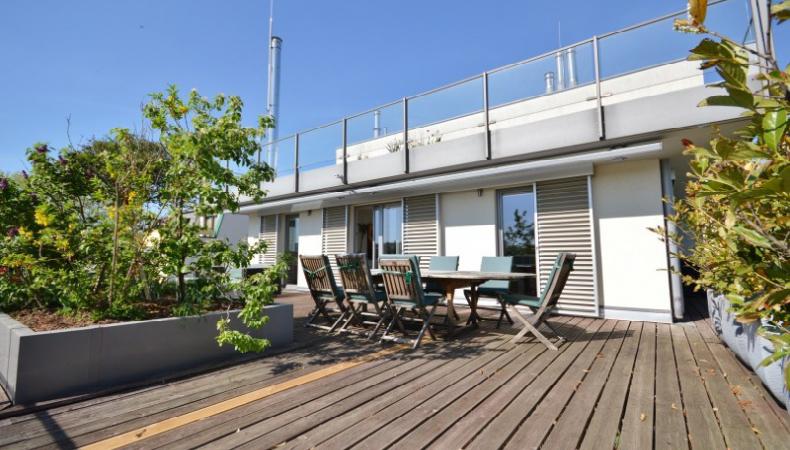-
Commercial Real Estate in Austria for saleNew city boutique hotel in the center of Vienna
About Vienna - capital of Austria
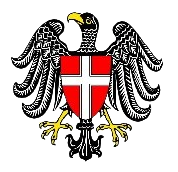
Vienna is the capital and largest city of Austria, and one of the nine states of Austria.
Vienna is Austria's primary city, with a population of about 1.8 million (2.6 million within the metropolitan area, nearly one third of Austria's population), and its cultural, economic, and political centre. It is the 6th-largest city by population within city limits in the European Union. Until the beginning of the 20th century it was the largest German-speaking city in the world, and before the splitting of the Austro-Hungarian Empire in World War I the city had 2 million inhabitants.
Today it has the second most number of German speakers after Berlin. Vienna is host to many major international organizations, including the United Nations and OPEC.
The city lies in the east of Austria and is close to the borders of the Czech Republic, Slovakia, and Hungary. These regions work together in a European Centrope border region. Along with nearby Bratislava, Vienna forms a metropolitan region with 3 million inhabitants. In 2001, the city centre was designated a UNESCO World Heritage Site.
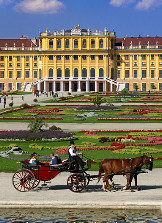
In a 2005 study of 127 world cities, the Economist Intelligence Unit ranked the city first (in a tie with Vancouver, Canada) for the world's most livable cities (in the 2012 survey of 140 cities Vienna was ranked number two, behind Melbourne). For seven consecutive years (2009–2015), the human-resource-consulting firm Mercer ranked Vienna first in its annual "Quality of Living" survey of hundreds of cities around the world, a title the city still holds in 2015. Monocle's 2015 "Quality of Life Survey" ranked Vienna second on a list of the top 25 cities in the world "to make a base within"
The city was ranked 1st globally for its culture of innovation in 2007 and 2008, and fifth globally (out of 256 cities) in the 2011 Innovation Cities Index, which analyzed 162 indicators in covering three areas: culture, infrastructure, and markets. Vienna regularly hosts urban planning conferences and is often used as a case study by urban planners. Between 2005 and 2010, Vienna was the world's number-one destination for international congresses and conventions. It attracts over 3,7 million tourists a year.
Districts and enlargement of Austria
Vienna is composed of 23 districts (Bezirke). Administrative district offices in Vienna (called Magistratische Bezirksämter) serve functions similar to those in the other states (called Bezirkshauptmannschaften), the officers being subject to the Landeshauptmann (which in Vienna is the mayor); with the exception of the police, which in Vienna is governed by the President of the Police (at the same time one of the nine Directors of Security of Austria), a federal office, directly responsible to the Minister of the Interior.
Industries are located mostly in the southern and eastern districts. The Innere Stadt is situated away from the main flow of the Danube, but is bounded by the Donaukanal ("Danube canal"). Vienna's second and twentieth districts are located between the Donaukanal and the Danube River. Across the Danube, where the Vienna International Centre is located, and in the southern areas are the newest parts of the city (districts 21–23).
Real Estate and locations of Vienna's Districts
Map of the districts in Vienna with numbers
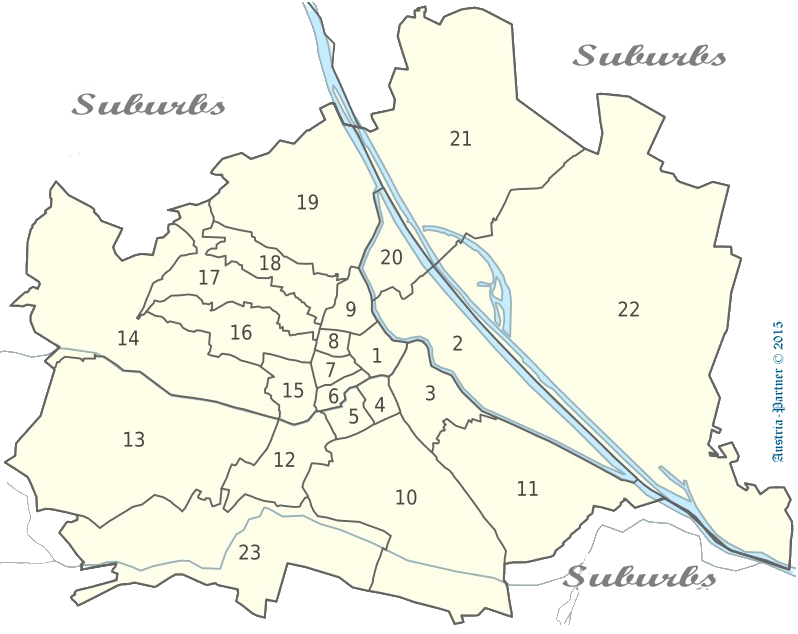
Property search in Vienna
Purchase stats Austria
- Apartments / Penthouses 41%
- Houses / Villas / Chalets 39%
- Hotels / Pensions 20%
Featured Properties
Vienna - Austria
AP-AH-030414
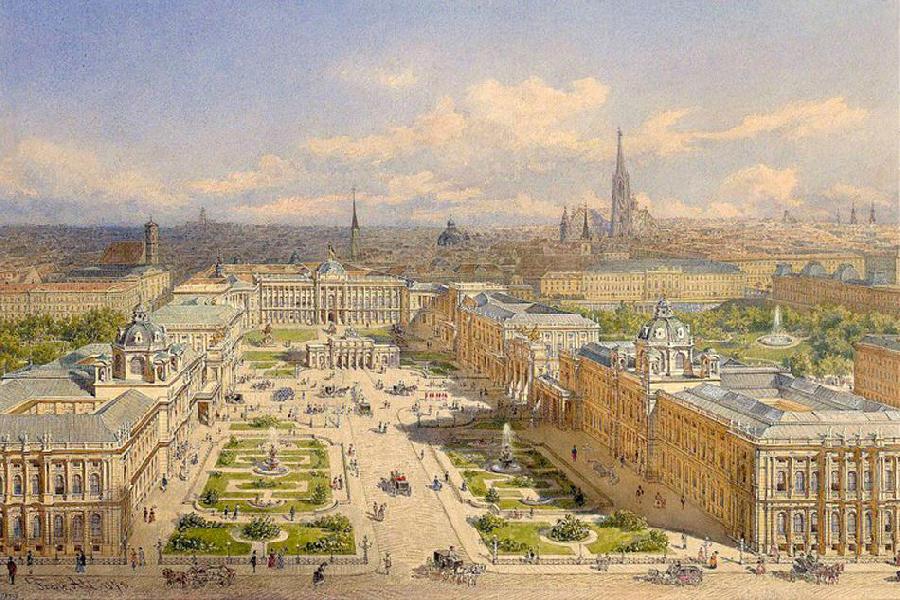
Vienna - Austria
AP-EV-R6528
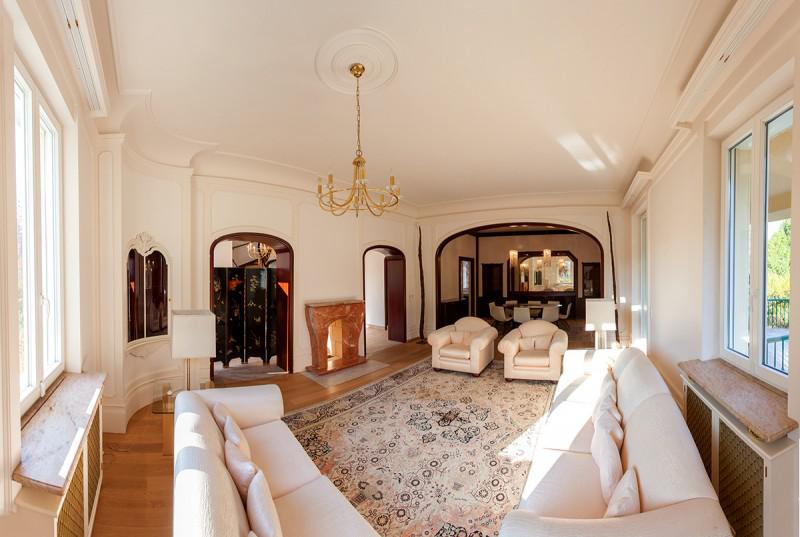
Vienna - Austria
APEA26197
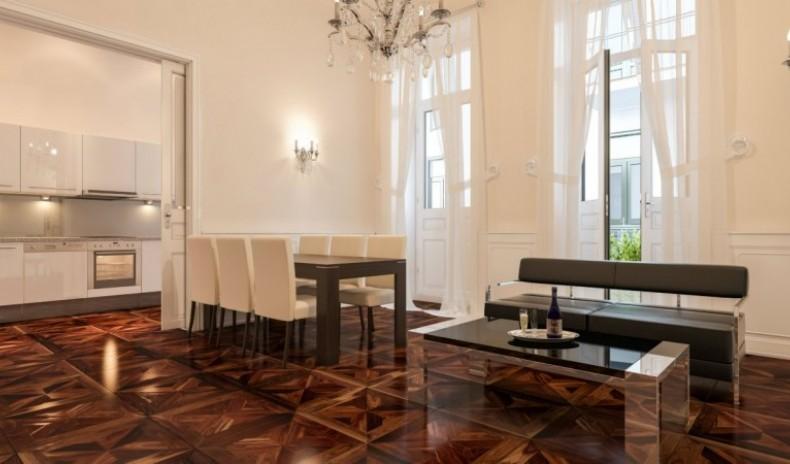
Vienna - Austria
AP-EA-23237
